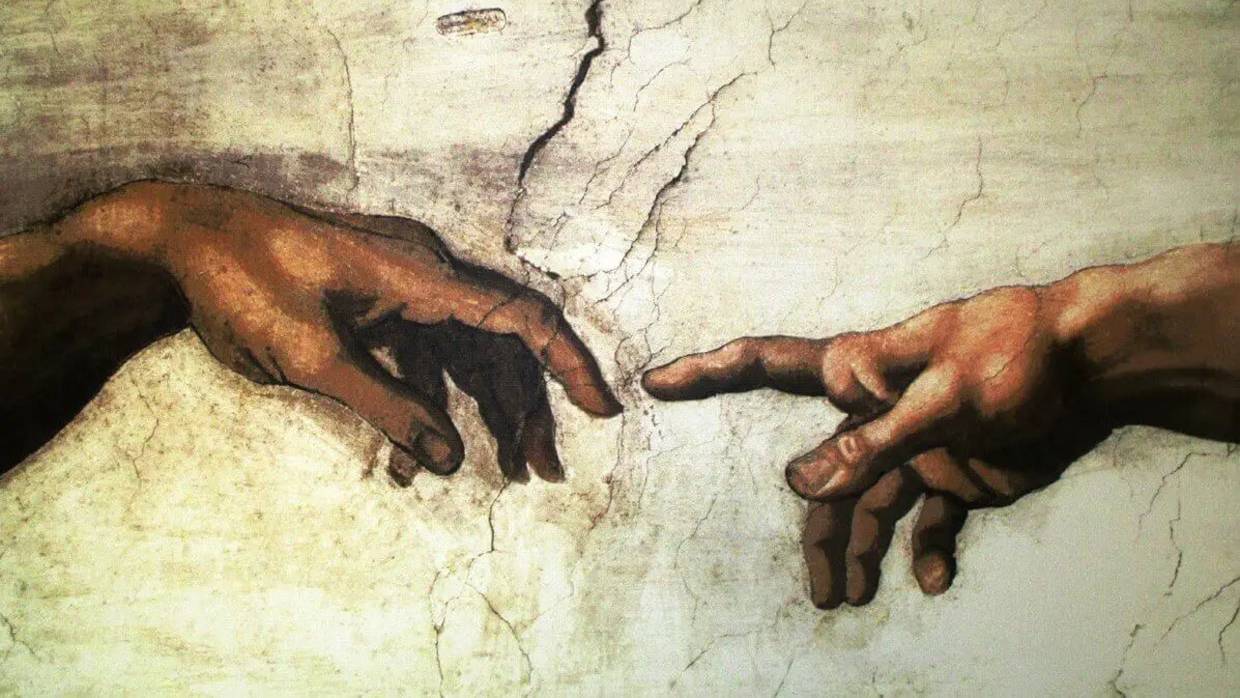Faith in Flux: How Ross Douthat's Provocative Religious Manifesto Challenges Modern Skepticism

In a groundbreaking exploration that challenges contemporary intellectual discourse, a prominent New York Times columnist has unveiled a provocative new book that delves into the complex landscape of religious understanding. The work not only presents intriguing arguments supporting religious perspectives but also masterfully opens up a Pandora's box of profound philosophical inquiries.
By offering fresh and compelling proofs for religious thought, the author navigates a delicate intellectual terrain, simultaneously illuminating and complicating our understanding of faith. Each carefully constructed argument seems to answer long-standing questions while simultaneously generating an even more intricate web of philosophical and theological mysteries.
The book's unique approach goes beyond traditional apologetics, inviting readers to engage with religious concepts through a lens of intellectual curiosity and critical thinking. Rather than providing definitive answers, the work embraces the inherent complexity of spiritual exploration, challenging readers to reconsider their preconceived notions about belief, evidence, and human understanding.
Scholars and casual readers alike will find themselves captivated by the nuanced arguments and thought-provoking insights that emerge from this remarkable scholarly contribution. The text stands as a testament to the ongoing dialogue between rational inquiry and spiritual contemplation, promising to spark meaningful conversations across academic and religious circles.

